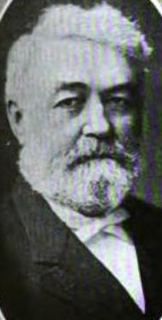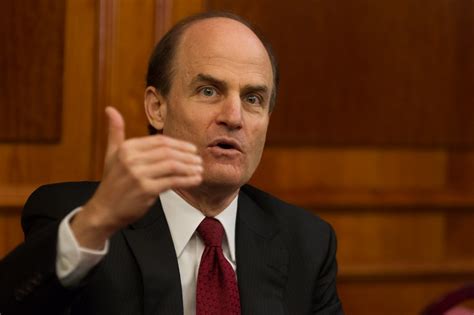A Quote by Seth Klarman
Most investors are primarily oriented toward return, how much they can make and pay little attention to risk, how much they can lose.
Related Quotes
Where you want to be is always in control, never wishing, always trading, and always first and foremost protecting your ass. That's why most people lose money as individual investors or traders because they're not focusing on losing money. They need to focus on the money that they have at risk and how much capital is at risk in any single investment they have. If everyone spent 90 percent of their time on that, not 90 percent of the time on pie-in-the-sky ideas on how much money they're going to make, then they will be incredibly successful investors.
It's unwise to pay too much, but it's worse to pay too little. When you pay too much, you lose a little money - that's all. When you pay too little, you sometimes lose everything, because the thing you bought was incapable of doing the thing it was bought to do. The common law of business balance prohibits paying a little and getting a lot - it can't be done. If you deal with the lowest bidder, it is well to add something for the risk you run, and if you do that you will have enough to pay for something better.
Unlike most of life, what you do really matters. Your actions have real consequences. You have to pay attention and focus, and that's very satisfying. It forces you to pay great attention and you lose yourself in the task at hand. Without the risk, that wouldn't happen, so the risk is an essential part of climbing, and that's hard for some people to grasp. You can't justify the risk when things go wrong and people die. The greater the risk, the greater the reward in most aspects of life, and in climbing that's certainly true, too. It's very physical, you use your mind and your body.
Whether for company or isolation or just to make it a pleasurable experience, I have music in my ears all the time. I tend to listen to the same things, so I don't really pay too much attention to it. But it's there, and it's nice, and I do pay more attention to it than I probably should. I think, 'How can I use this music in something?'
I'm not much of a self-promoter or anything. It's not something I feel comfortable doing. But sometimes I would get frustrated, I'd think, "You know, this is a good book, how come no one is paying attention to it?" So it's nice to have some recognition. I don't write to put it in a drawer, I hope that people see it. But what am I willing to do for that? I struggle with that a little bit. I try to be accommodating, but I'm pretty much a loner. I'll say this, and it'll sound like bullshit, but it's not: I don't really pay attention to this stuff very much.
You don't realize how language actually interferes with communication until you don't have it, how it gets in the way like an overdominant sense. You have to pay much more attention to everything else when you can't understand the words. Once comprehension comes, so much else falls away. You then rely on their words, and words aren't always the most reliable thing.
The correct attitude of the security analyst toward the stock market might well be that of a man toward his wife. He shouldn't pay too much attention to what the lady says, but he can't afford to ignore it entirely. That is pretty much the position that most of us find ourselves vis-à-vis the stock market.
The majority of parents are poor psychologists and give their children the most questionable moral trainings. It is perhaps in this domain that one realized most how keenly how immoral it can be to believe too much in morality, and how much more precious is a little humanity than all the rules in the world.


































